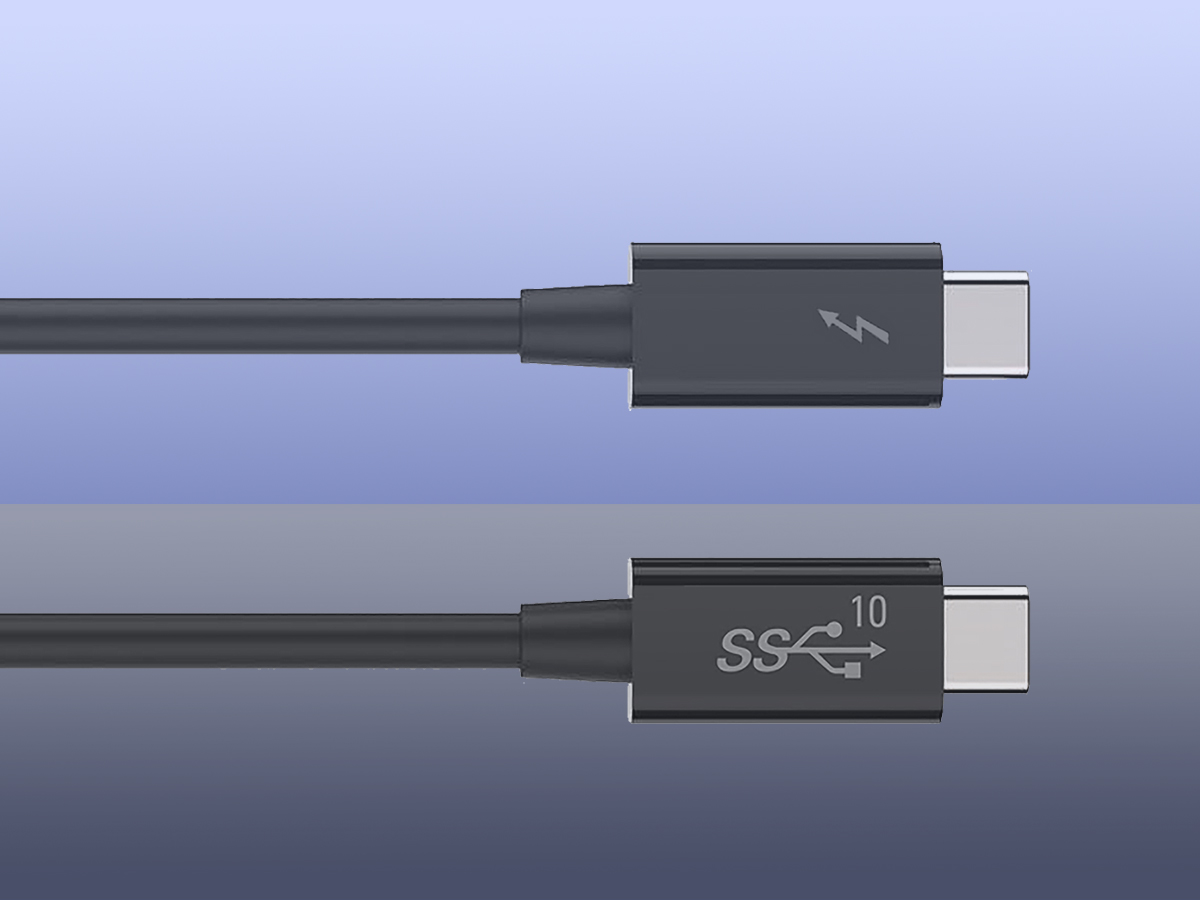

Be sure you are running OS X 10.7.5, or the latest version of Mountain Lion (OS X 10.8.5) or Mavericks (OS X 10.9.x). On Mac OS X, USB 3.0 is supported on Macs running OS X 10.7.5 or later.

Updating to Windows 8 will alleviate any unresolved Windows 7/USB 3.0 issues. If you have issues running a MOTU device via USB 3.0 on Windows 8, confirm your USB 3.0 drivers are updated from the manufacturer's Web site. Windows 8 natively supports USB 3.0 operation. Consult your motherboard or system's manufacturer for instructions on BIOS updates. In doing so, your USB 3.0 ports will operate at a USB 2.0 speed, as all versions of USB are backwards compatible. If you still have issues, consider entering your system's BIOS and disabling USB 3.0 operation to avoid USB 3 compatibility issues with Windows 7. Note: Identification can be done by looking at the physical USB port itself USB 3.0 ports generally have Blue connectors, or are labeled "SS" for SuperSpeed on its exterior. Check with the manufacturer of your USB 3.0 controller to confirm how their device is labeled in the Device Manager. USB 3.0 devices are commonly (but not always) identified by "USB 3.0", "XHCI", or "SuperSpeed". To determine which USB ports are USB 3.0, open the Device Manager and look for the "Universal Serial Bus Controllers" category. For USB 3.0 connectivity, check with the manufacturer of your USB controller and update the USB chipset drivers for USB 3.0 operation. Windows 7, (and previous versions of Windows) is not inherently compatible with USB 3.0. If you are experiencing issues with Windows 7, there may be an issue with your USB chipset. Using the latest version of the Universal Audio Installer for Mac or Windows, (found on our Downloads Page), you will be able to establish connection with your system via a USB 3.0 connection.


 0 kommentar(er)
0 kommentar(er)
